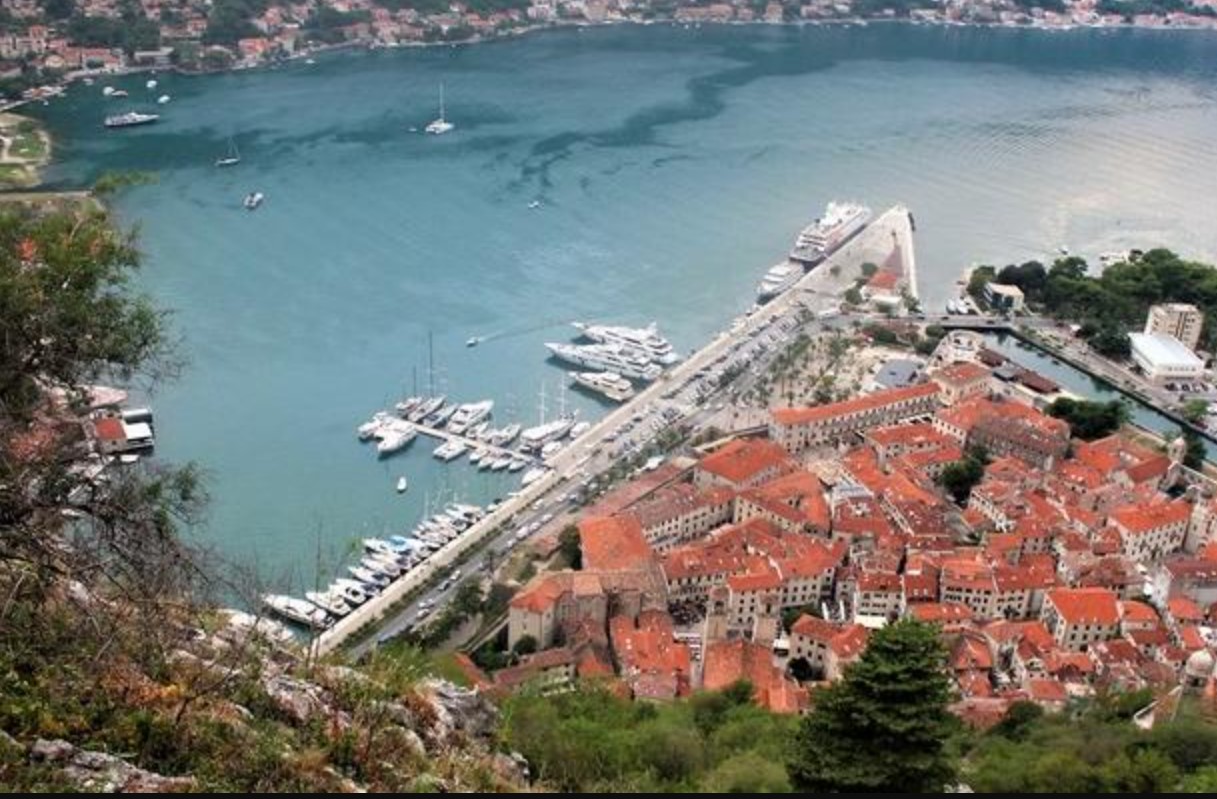
Collecting statistics is not a quick business. July is already on the calendar, but the overall assessment of the situation on the world property markets is formed only for the first quarter of 2024. Experts need time. To your attention – the main facts from the world housing markets from the analysts of Global Property Guide.
Is the crisis over?
There is no definite way to say. Inflation has slowed in most of the countries under review, but economic stability is still a long way off. In the first quarter of 2024, property prices in nominal terms rose in 51 out of 64 countries and fell in 13. If inflation is taken into account, the results are quite different: prices rose in 31 countries and fell in 33.
Another important observation: in most countries, prices either increased or slowed down. Forty-six markets started the year positively, while 18 recorded declines.
Let’s take a look at regional indicators.
The information is presented in local currency of the countries under study based on the data of official statistical agencies and central banks.
Property markets in Europe
Prices rose in 16 out of 29 countries. In another four, the decline slowed.
Top 5 countries in the region with the strongest annual house price growth adjusted for inflation in the first quarter of 2024
- Montenegro +24.10%
- Russia +10.46%
- Portugal +8.50%
- Greece +7.44%
- Poland +6.78%
Where things are relatively good
In Montenegro, where the local statistical office traditionally considers prices only in new buildings, the growth was particularly impressive. On the other hand, statistics coming from the Balkans, traditionally ‘twitchy’: for example, a year ago, when the market differed from the current one, but still not radically, there was a drop of 4%. Also, inflation is high in the country – almost 10%, and in nominal terms prices have increased by almost 31%. The reason is high demand, especially from foreign buyers, who are active in the most expensive segment.
Portugal’s property market is also supported by both strong buyer interest and a shortage of housing. At the same time, builders are not as active as they should be: in the first four months of 2024, the number of building permits fell by 15%.
In Greece, prices are still recovering from a decade-long decline, which is already worrying the local authorities. A significant contribution to the rise in prices is made by foreign buyers, including hunters for ‘golden visas’: before the rise in the price of residence permits, the demand for low-cost objects will still increase. Recall that the threshold for participation in the immigration scheme recently raised to € 400 thousand.
More moderate growth was recorded
- in Ireland +4.3%
- in Malta +4.0%
- in Denmark +3.9%
- Spain +3.7%
Where it’s not so good
That the Turkish housing market is unusual is no secret. On the one hand, nominal prices are breaking all growth records. If inflation is not taken into account, Turkey ranks first in the ranking (+52%). But how can it not be taken into account! It was 75.4% in March! If we take it into account, it turns out that real prices even fell by 9.8%.
That is, property is becoming more expensive in the local currency, and, for example, in dollars and euros even slightly cheaper.
The well-known problems in Germany persist. High (by European measures) mortgage interest rates and rising inflation continue to affect the affordability of housing. Demand is falling and prices with it – for the sixth consecutive quarter. Thus, at the beginning of 2024, the average cost of housing in the country fell by 6 per cent – adjusted for inflation.
The UK market is feeling better, although the problems have not disappeared. On the one hand, prices fell by only 2.7% over the year, which is much less than a year earlier (9.2%). The nominal drop is even symbolic – 1%. However, the demand for square metres continues to fall. In 2022, the number of housing transactions fell by 14%, in 2023 – by 19% (!), and at the beginning of 2024 the trend continued – a decline of 7.8%.
Among the markets traditionally interesting for foreign buyers, France (-7.7%), Latvia (-7.3%), Finland (-6.9%) are in the red zone.
Inflation-adjusted prices rose in 6 of the 17 countries in the region included in the survey. Most of the region’s markets continue to face challenges amid slowing economic growth.
Property markets in Asia
Top 3 countries in the region with the strongest annual inflation-adjusted house price growth in Q1 2024
- Georgia +12.3% (yes, yes, we know Georgia is Europe, but it appears as an Asian country in the report)
- Taiwan +8.2%
- Sri Lanka +6.1%
Maybe Georgia was added to the Asian region to improve its performance? The local housing market continues to grow. There is steady buyer demand, limited supply and good economic performance. As a result, inflation-adjusted home price growth in the first quarter of 2024 is much higher than the five per cent growth a year ago.
And here’s where prices rose marginally
- Cambodia +3.60 per cent
- Thailand +2.50%
- Singapore +1.98%
Here are data from other countries of interest to us
- Indonesia -0.7%
- Philippines -0.5%
- China -4.0%
- Vietnam -2.8%
Property markets in the Middle East
You could say that all is well in this region. In all six countries included in the survey, prices have either increased or decreased only slightly.
The UAE market is the second in terms of price growth after Montenegro. Housing in Dubai in the first quarter of 2024 rose by 16.8 per cent – adjusted for inflation. Who said anything about an inevitable cooling? When will it start?
Despite the economic and political problems, Israeli square metres rose in price by almost 10%.
Finally, Egypt’s nationwide property price index rose 4.5%. By the way, inflation in the country is gigantic: nominally, by the end of the first quarter, housing prices had risen by almost 40% (!).
Property markets in North America
The US housing market recorded a modest but important growth – indicating a good state of the national economy +2.9%. This result, taking into account the fall in demand and the reduction in the number of transactions by almost 3% (data from the National Association of Realtors), was unexpected by experts.
Property markets in Latin America
The world’s weakest housing market at the start of 2024 is in Argentina. The country cannot solve its economic problems. Inflation is off the scale, there is no political stability, even football successes do not help.
Flat prices in Buenos Aires are down 72.28%. A year ago it was 53.7 per cent. However (let’s emphasise for the thousandth time), this is an indicator taking into account inflation, and in March it was – attention! – 290%. By June it fell to 271%….
In Colombia, housing prices have fallen for the ninth consecutive quarter. In Peru, the thirteenth.
Only the Brazilian housing market is feeling better than a year ago (+0.79%), and in Mexico prices are growing more or less steadily (4.8%).
Conclusion
On the one hand, analytics for the past period is useful only in hindsight. Indeed, it is impossible to take advantage of the already accomplished rise or fall in prices. On the other hand, the property segment is still inert, which allows us to assess the prospects with more reliability.
There is a gradual, but very slow recovery of key European markets. Eastern European countries have good prospects. Relative stability in the Middle East. Extremely uncertain situation in Latin America. All these are quite definite signals.
Another thing is that the world as a whole depends on several factors, not economic but political, which can influence the markets much more strongly. But black swans are bad because you can prepare for them, but it is difficult to predict them. You just have to live with it.





